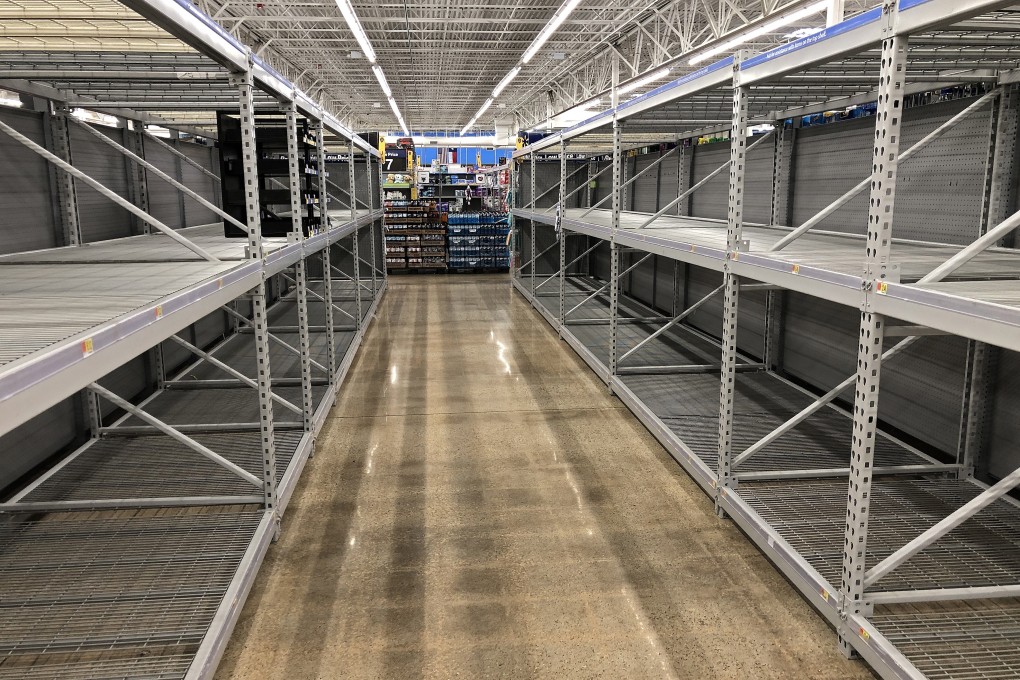Opinion | How the world can be better prepared for the next pandemic, and keep economic globalisation alive
- Economic isolation is not the answer to a public health problem. Better ways must be found to manage supplies of essential goods, a public health response and cross-border travel during a pandemic

Now that Covid-19 has become a pandemic, what does it mean for economic globalisation? At first glance, the pandemic seems likely to further impede globalisation as every country tries to protect itself from imported cases by limiting the entry of foreigners.
Moreover, pandemics happen not infrequently. Given the massive cross-border flows of people today, a local epidemic can easily turn into a global pandemic. Thus, different countries may have a motivation for turning inward and reducing their dependence on often interruptible international trade.
However, economic globalisation has created and continues to create so much value for the whole world that we cannot afford to revert to isolationism and total self-sufficiency just to avoid the effects of pandemics.

